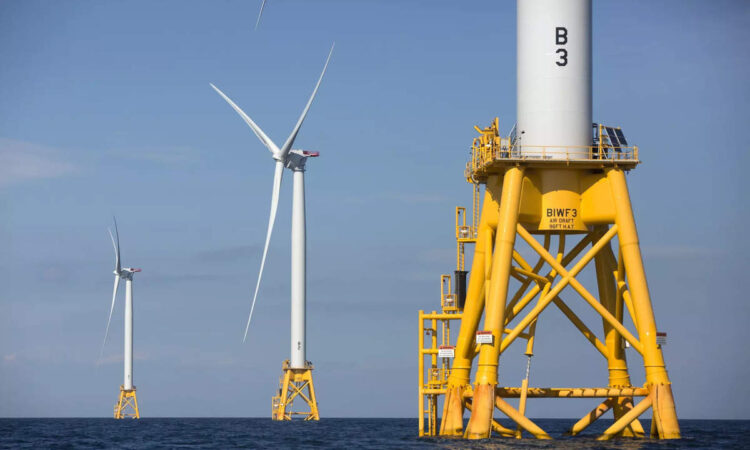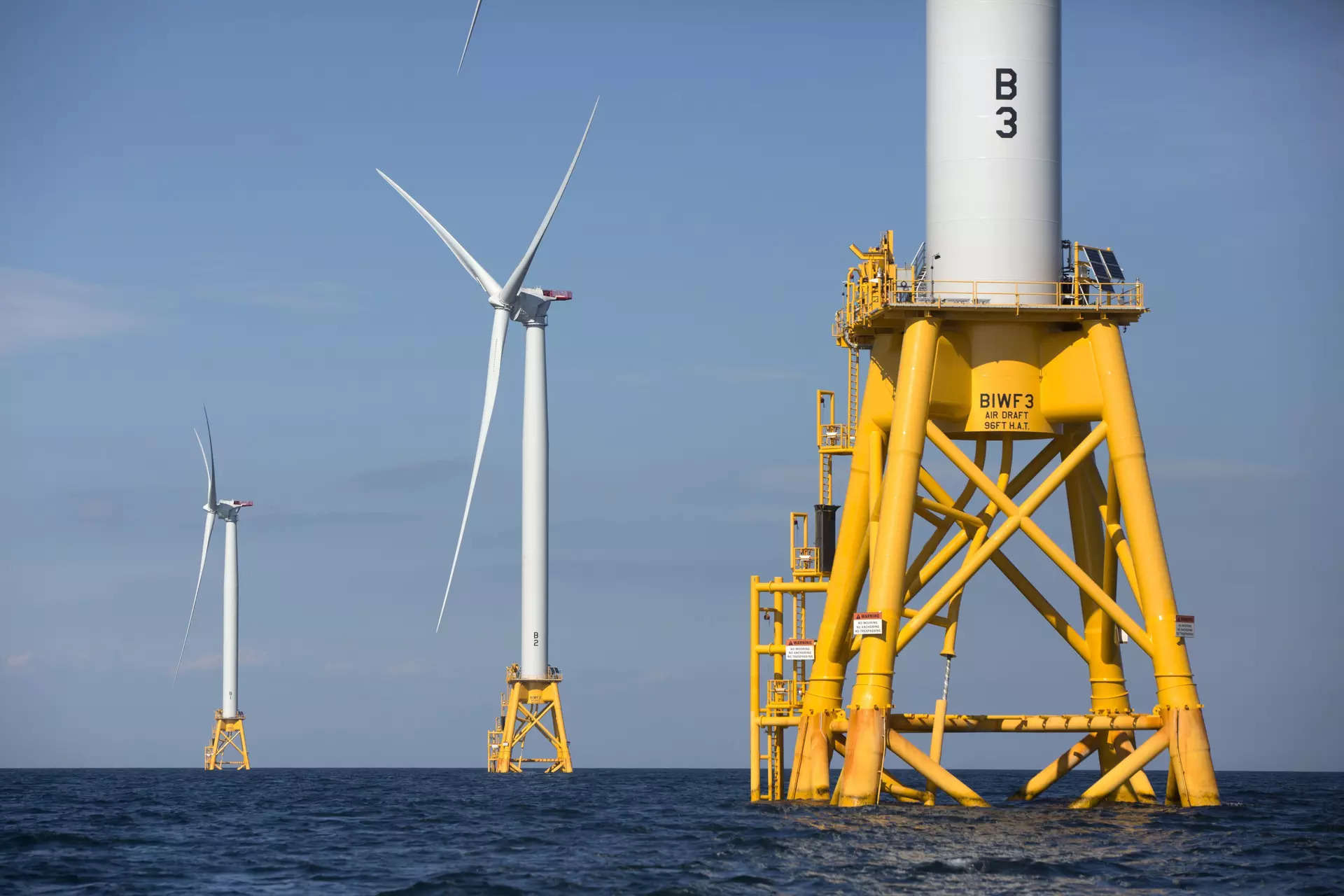UK needs to unlock offshore energy investment to deliver net zero: industry body, ET EnergyWorld


London: The UK needs to unlock private sector investment worth £100 billion in offshore energy to achieve its goal of net zero carbon emissions by mid-century and safeguard energy security, an industry association said Wednesday.
Offshore Energies UK (OEUK), a representative body for the sector, estimated that the offshore energy sector could spend around £200 billion this decade in “oil and gas, offshore wind, carbon capture and storage and low carbon hydrogen”.
“However half of this, £100 billion, is associated with projects still awaiting final investment decision,” the OEUK said in a report.
The OEUK added that concerted policy support, a stable and globally competitive tax regime and improved planning and regulatory timelines are “critical” to unlock these funds.
The group argued that Britain is facing an “accelerating global energy investment race”, citing US subsidies for the transition to green energy and “ambitious plans” in Asia and the EU.
“In recent months we have felt the direct impact of underinvestment in homegrown energy on job security for our workers, the competitiveness of our firms internationally and our future energy bills,” said David Whitehouse, CEO of Offshore Energies UK.
“Our report shows that with the right frameworks in place, this industry can make the long-term investments to help the UK tackle these challenges head-on,” he added.
Energy security has increasingly become a major issue in the UK, particularly since Russia’s invasion of Ukraine last year.
That and political opposition towards decarbonising the economy has caused uncertainty about the government’s early commitment to reach net-zero emissions by 2050.
A report by another industry organisation, Energy UK, warned last month that the UK risks lagging behind in the production of “green” electricity, despite having once being considered a leader in the energy transition.
The study attributed the slow-down to “low levels of expected investment” compared in particular to the United States, which passed the Inflation Reduction Act last year, pledging $370 billion for the energy transition.
For its part, the European Union has stepped up its own tax reduction measures for investment in zero-carbon technologies.
On Tuesday, the UK government eased a de facto ban on onshore wind in England after growing pressure from environmental campaigners and some ruling Conservative lawmakers.







